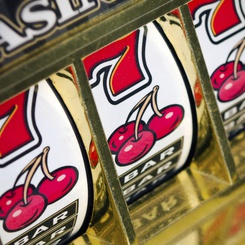"Knowing how to face failure is an important skill for modern leaders and entrepreneurs." According to Fabrice Cavarretta, this is one of today’s the major management challenges. Indeed, despite a growing interest in the "knowledge of failure", highlighted by the development of so-called “Fail Conferences”, a lot still needs to be done to make mentalities truly evolve.
To explain this fear of failure, Fabrice Cavaretta highlights the shortcomings of traditional management where the manager is one cog in the machine that will turn out a result. In this traditional paradigm, reliability is a virtue and failure the enemy to fight. However, such a system does not take into account the value of a challenge, of the search, and of experimentation. Should a creative mind not feel free to explore a range of possibilities before deciding on a course of action? Should entrepreneurs not be prepared to face a number of refusals and annoyances before hatching a successful business?
"Managers are selected within a system that worships the right answer"
The dominant paradigm in our society is that of Taylor. Within this paradigm, the manager must optimize, predict and be as reliable as possible. He or she should always have the "right answer" – therefore, going off the beaten track should be avoided at all times. According to Fabrice Cavaretta, this cult of the predictable finds its roots in traditional education systems that reward the result and not the journey: a good student is the one who can find the right answer while avoiding the pitfalls. From primary school to senior management through the world’s top universities, we meet with people who have almost never had to deal with failure and are unwilling to take risks. The consequence? A lack of innovation and harmony with the world today.
The modern manager needs therefore to forget this predictable logic and search for opportunities even if that means taking risks and flirting with failure: "It is time that we train our future managers to look failure fearlessly in the eyes."









